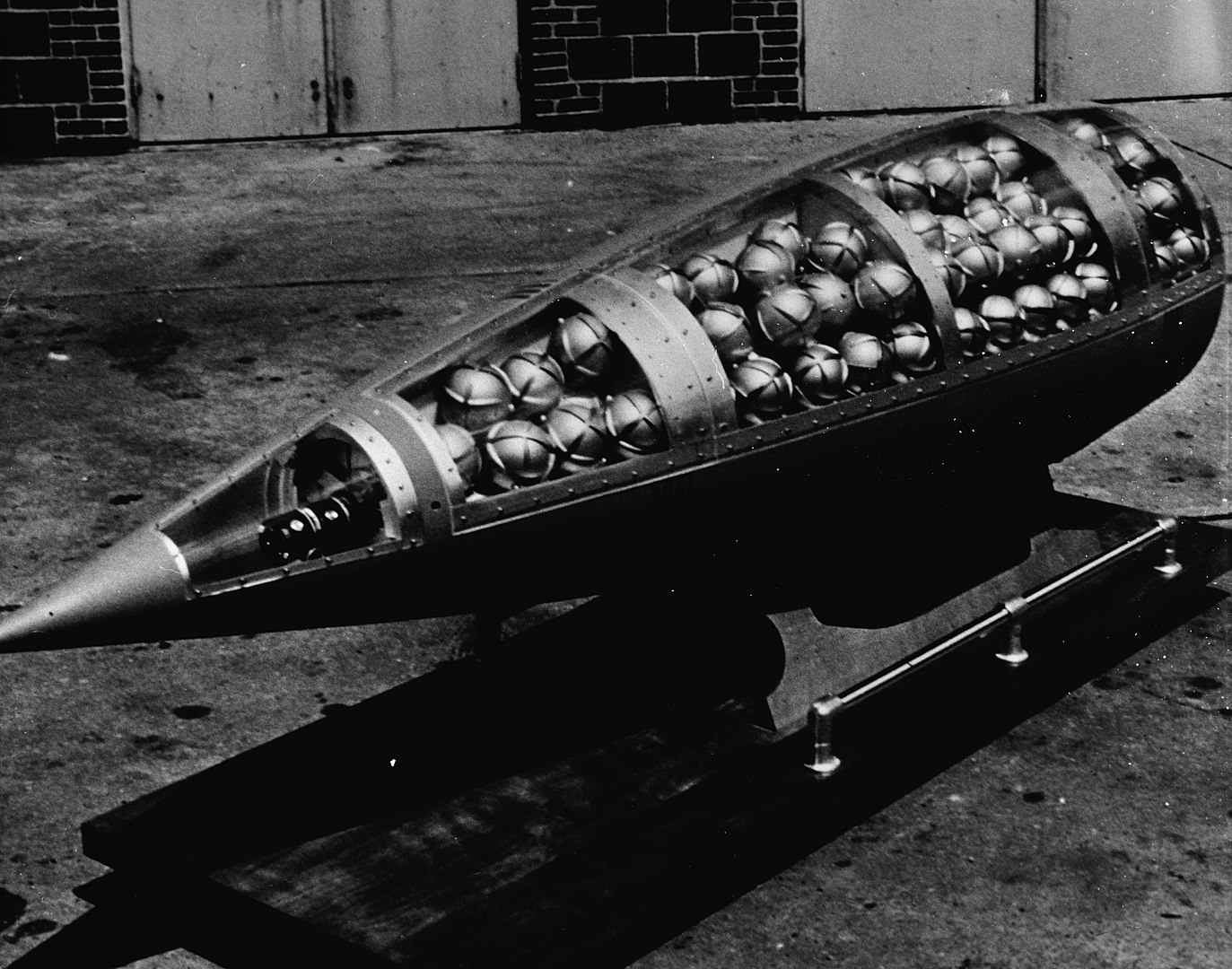Cambodian Prime Minister Hun Sen urges Ukraine ‘not to use cluster bombs’
Like Laos and Vietnam, Cambodia is still reeling from the devastating effects of unexploded ordnance. Both Russia and Ukraine have already used this type of weaponry. US President Joe Biden announced supplies for Ukraine. Human Rights Watch reports that China and Russia “are both actively researching and developing new types of cluster munitions.”
Phnom Penh (AsiaNews) – Cambodian Prime Minister Hun Sen has urged Ukraine not to use cluster bombs after the United States said that it was providing a military aid package worth US$ 800 million that included cluster munitions to help the East European country fight off the Russian invasion.
Following US President Joe Biden's decision, several humanitarian groups have warned that undetonated ordnance will pose a deadly threat for decades.
“It would be the greatest danger for Ukrainians for many years or up to a hundred years if cluster bombs are used in Russian-occupied areas in the territory of Ukraine,” the Cambodian leader tweeted.
Citing Cambodia’s “painful experience" of US cluster munitions dropped in the early 1970s, a foreign legacy that has left tens of thousands maimed or killed, Cambodia’s strongman added an “appeal to the US president as the supplier and the Ukrainian president as the recipient not to use cluster bombs in the war because the real victims will be Ukrainians”.
Like Laos and Vietnam, Cambodia is one of the countries with the highest concentration of unexploded ordnance after the United States dropped millions of bombs in the 1960s and 1970s against communist bases during the Vietnam War.
In Laos alone, some 260 million bombs were dropped between 1964 and 1973 with less than 0.5 per cent removed.
Ukrainian President Volodymyr Zelensky has said that risks to civilians will be kept to a minimum, but such a promise will be hard to keep, given the weapon’s volatility.
Cluster bombs are designed to explode in the air and eject bomblets that spread over a vast area, exploding on contact with the ground. Or at least, that is what they are supposed to do.
According to the International Committee of the Red Cross, in recent conflicts, an average of 40 per cent of ordnance remains unexploded, with a high risk to civilians and causing indiscriminate destruction in violation of international humanitarian law.
In Cambodia, in the past 40 years alone, at least 20,000 people have died from unexploded mines or ordnance.
In neighbouring Laos at least 11,000 have died this way, one third of them children; in 60 per cent of the cases, the victims were carrying out normal daily activities, according to different sources.
A report released last year by the monitoring group Cluster Munition Coalition found that in 2022, 97 per cent of casualties were civilians and 66 per cent were children.
In January, a group of Ukrainian deminers visited Cambodian minefields.
In the war between Russia and Ukraine, both sides used cluster bombs last autumn (extensively by Russia, more limited by Ukraine), causing dozens of deaths even among non-combatants.
Russian bombing and shelling have hit medical facilities and civilian infrastructure, killing more than 200 people.
According to some probes, in the city of Izium, Ukrainian attacks with cluster bombs between March and September 2022, during the Russian occupation, killed at least eight civilians and wounded 15; based on eyewitness accounts, Human Rights Watch says that the real number is much higher. Ukraine has used Turkish-made cluster munitions.
Although most production is concentrated in Asia, the Cluster Munition Coalition notes that the main manufacturers are Brazil, China, Egypt, Greece, India, Iran, Israel, North Korea, South Korea, Pakistan, Poland, Romania, Russia, Singapore, Turkey, and the United States.
More than 120 countries have signed the Convention on Cluster Munitions, which bans the use, production, transfer and stockpiling of this type of weapon. However, Russia, Ukraine, the United States, as well as China, India and Pakistan have refused to sign the treaty.
Russia has used old stockpiles and new cluster bombs in Ukraine, and bought back weapons already sold to India and military-ruled Myanmar.
Human Rights Watch stressed that China and Russia “are both actively researching and developing new types of cluster munitions.”
China has not commented on the use of cluster bombs against civilians in Ukraine, but in May 2022, a Foreign Ministry spokesman condemned the use of this weapon by the United States in Southeast Asia.
China has reiterated that it has never used cluster munitions anywhere in the world, but has acknowledged that it makes, stores, and sells it, although little is known of China’s exports and transfers.
“We do not export military products to countries under Security Council embargoes and sanctions and do not provide weapons to non-state actors or individuals,” China told States Parties in 2019. However, fragments of Chinese-made cluster munitions have been found in Iraq, Israel, Lebanon, and Sudan.
03/10/2023 18:02
05/07/2024 19:21
06/11/2025 19:59
16/12/2025 20:33







.png)










